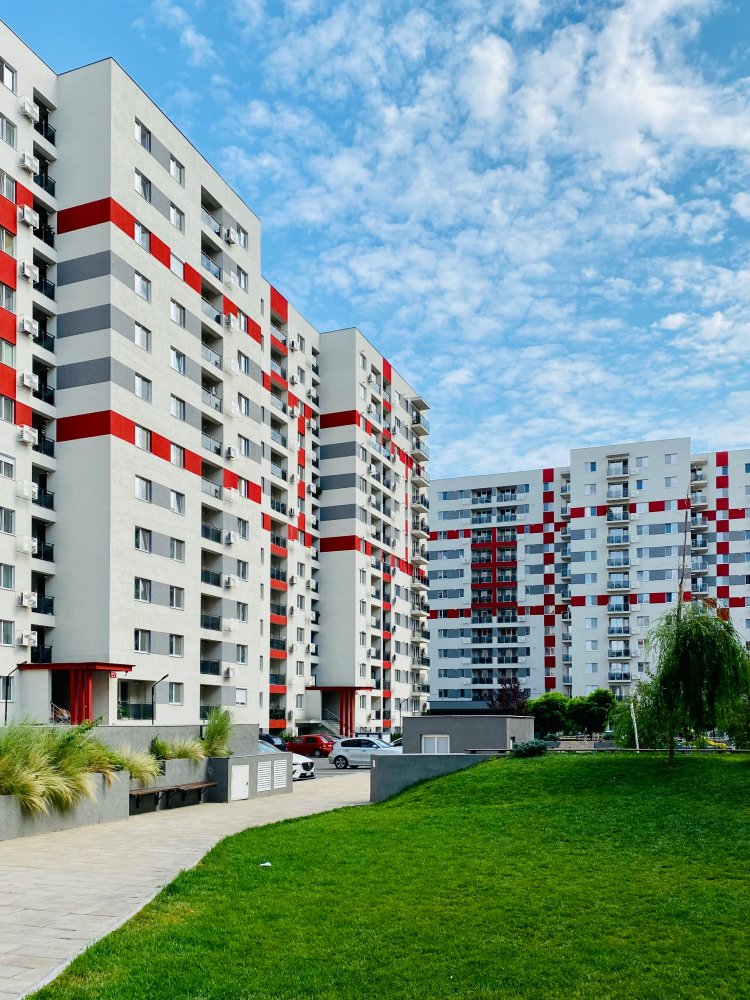Community Involvement and Positive Social Outcomes of Affordable Housing
When families have access to stable, affordable housing, it can open the door to better educational and healthcare outcomes.

Affordable housing developments can sometimes face opposition from residents who fear the impact of new developments on their communities. Involving these communities builds trust and openness, helps to allay concerns, and demonstrates a commitment to their well-being.
Community participation and involvement in decision-making in affordable housing initiatives can enhance a high level of cohesion. Through participatory approaches such as community meetings, workshops, and consultations, the community can voice their opinion, contribute ideas, and shape the development of affordable housing projects. This involvement strengthens a sense of ownership and pride in the community, which promotes social cohesion. Social cohesion is very crucial because it enhances safety and security, provides social support, and also improves the quality of life in the community.
Engaging the local community is essential for the success of affordable housing initiatives. When residents are involved in the planning and decision-making, they develop a sense of ownership and investment in the project, leading to increased support and long-term sustainability.
Also, communication involvement fosters a collaborative environment where diverse perspectives and needs can be identified and addressed, ensuring that the final development truly meets the unique requirements of the neighborhood.
Different communities have varying cultural needs and preferences. Effective engagement helps to ensure that housing designs and amenities align with cultural norms and preferences. Cultural traditions had a significant influence on the design and architecture of residential homes throughout history, which is still there up to date. Therefore, the community should be engaged in the housing development to offer their views or opinions about certain house designs that are within their cultural norm.
Affordable housing development can also bring a positive social outcome to the community. This project can offer families a foundation for improved living conditions. When housing costs are manageable, households can allocate their income towards other essential needs, breaking the cycle of poverty.
Affordable housing can help improve access to education and healthcare. When families have access to stable, affordable housing, it can open the door to better educational and healthcare outcomes. Children in affordable housing are less likely to experience the disruptive effects of frequent movement or homelessness, which can have a significant impact on their academic performance and overall well-being. With a reliable place to call home, families are better equipped to establish routines, foster a healthy environment, and ensure children can actively engage in education. Moreover, affordable housing developments often incorporate nearby healthcare facilities, making it easier for residents to access essential medical services.
Also, they can help with environmental sustainability through the way they are designed and constructed. Many of these projects incorporate energy-efficient windows, insulation, and appliances, which help reduce utility costs and minimize the carbon footprint of the building.
Affordable housing can have a profound impact on the mental and physical well-being of individuals and families. when people have access to a safe, secure, and comfortable living environment, it can alleviate the chronic stress and anxiety associated with housing insecurity, homelessness, or substandard living conditions. In turn, this can lead to improved mental health outcomes reduced risk of depression and anxiety, and a greater sense of overall well-being.
Furthermore, affordable housing development often incorporates design elements and amenities that promote physical activities, such as walking paths, fitness centers, or recreation spaces. This can encourage residents to lead a more active lifestyle, leading to better cardiovascular health, improved fitness, and a reduced risk of chronic diseases.
In conclusion, community involvement can lead to success in the affordable housing development initiative, which can have a positive impact on the community at large.
If you have a real estate press release or any other information that you would like featured on the African Real Estate Blog Post, do reach out to us via email at [email protected]

 Sally wanjiru
Sally wanjiru 































